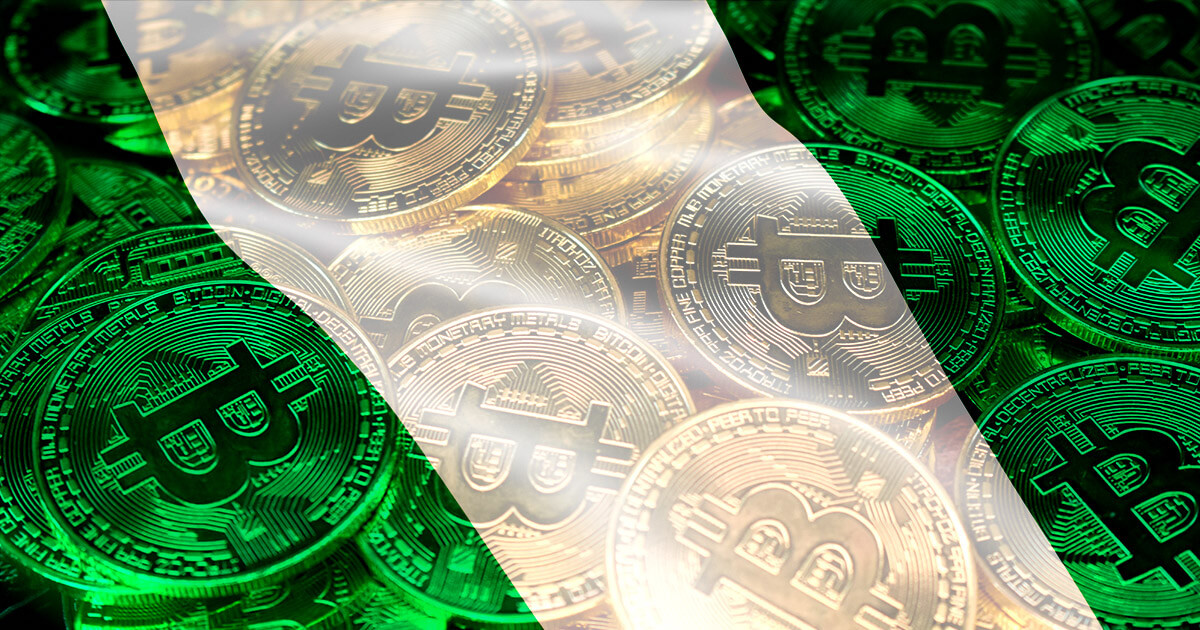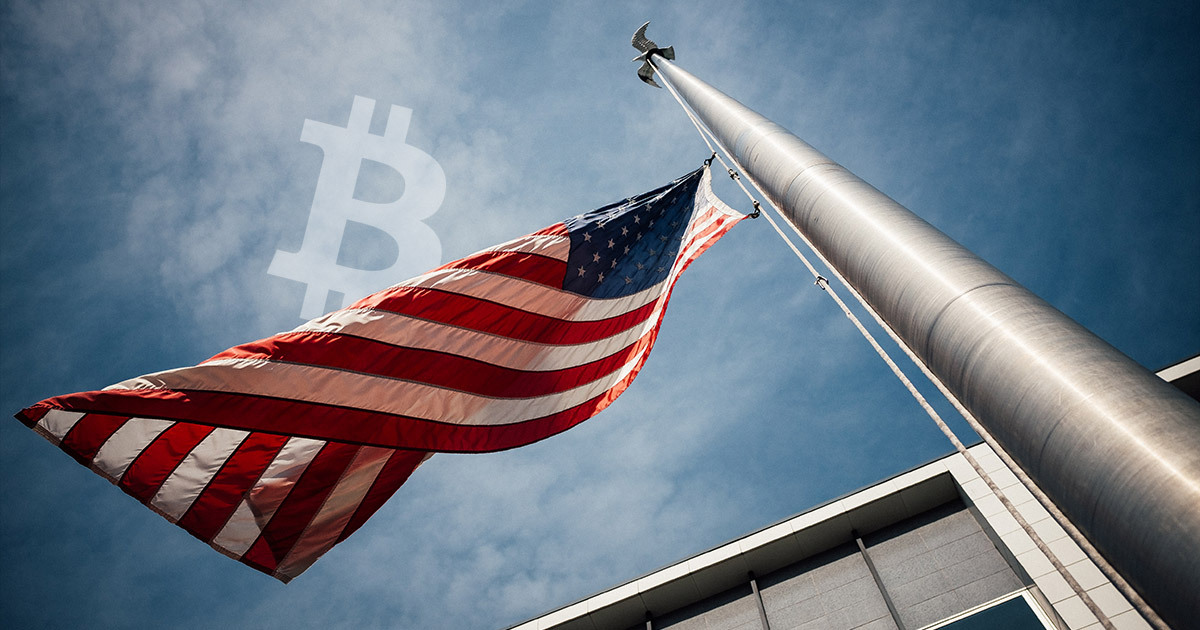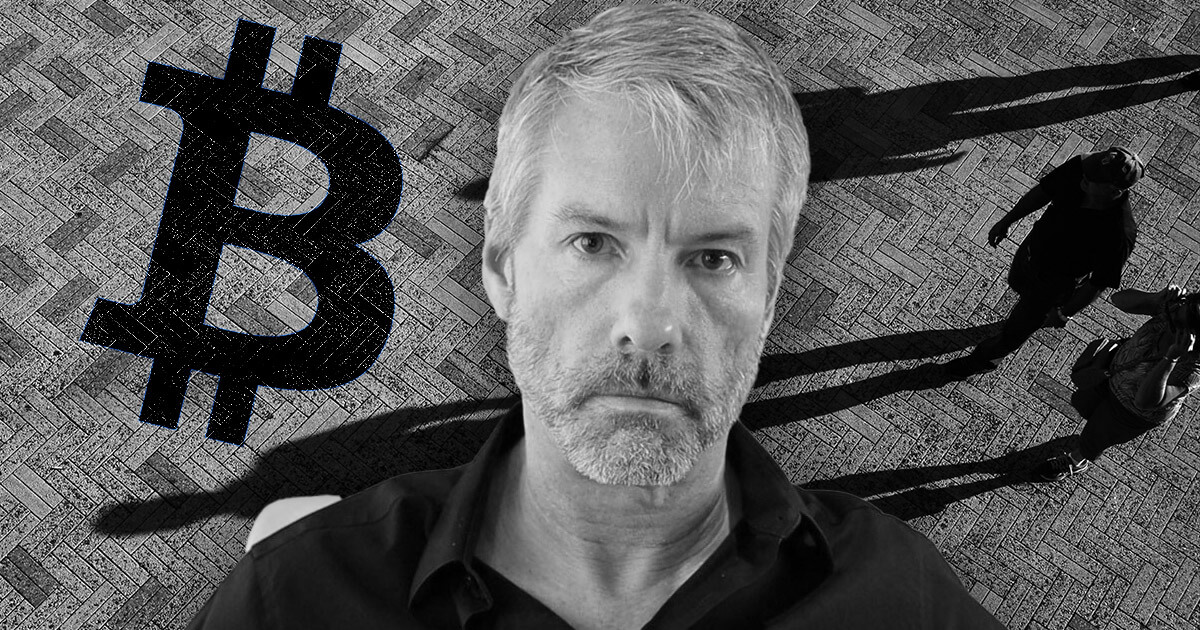According to local news reports, the Central Bank of Nigeria (CBN) Governor, Godwin Emefiele, says he will “allow” the trading of Bitcoin and other cryptocurrencies.
In February this year, CBN Director Bello Hassan signed a letter warning monetary service providers of severe regulatory sanctions if they dealt with cryptocurrency exchanges.
Aside from hitting a $2.5 trillion total market cap, not much has changed in the crypto-verse between then and now, at least not fundamentally. This begs the question, why has the CNB backtracked on its earlier call?
Emefiele makes a U-turn on cryptocurrencies
Nigeria has an uneasy relationship with Bitcoin. Although no legislation exists that criminalizes cryptocurrency transactions, authorities in the West African country have gone the route of restricting on/off ramping to stamp their rule on the matter.
#Bitcoin peer to peer trading in Nigeria up by 27% since the Central Bank banned financial institutions from crypto 85 days ago.
— Bitcoin Archive ??? (@BTC_Archive) April 21, 2021
The CBN says this is necessary to protect citizens from the risks of trading cryptocurrency. Adding, as an unregulated market, there is no legal redress should things go wrong. Emefiele has also linked illegal activities, including money laundering and terrorist financing, with Bitcoin.
However, in an apparent change of heart, Emefiele now says, “digital currency will come to life” in Nigeria.
“We are committed in the CBN and I can assure everybody that digital currency will come to life even in Nigeria,” he said.
Despite that, he still maintains a standoff approach to cryptocurrency, insisting that his investigations show most are illegitimate:
“We have carried out our investigation and we found out that a substantial percentage of our people are getting involved in cryptocurrency which is not the best. Don’t get me wrong, some may be legitimate but most are illegitimate.”
Nigerians ignore Bitcoin “ban”
Due to various factors, chief among which is an unstable naira that continues to lose purchasing power, Nigerians have paid little attention to the CBN’s decree.
Before February’s CBN directive came in force, Nigerians reported the highest proportion of cryptocurrency use of any nation surveyed. 32% of respondents saying they own or use cryptocurrencies. For comparison, the U.S. ranked 8th with 6%.
“The robust bitcoin trading activity in Nigeria has earned the country the title of Africa’s Bitcoin Nation.”
As a response to the on/off ramping restrictions, the Nigerian crypto-economy has adapted, with peer-to-peer exchanges spiking in popularity. A further means to thwart the CBN ban comes via over-the-counter (OTC) trading, which has also boomed post-February.
As Bitcoin-bull Anthony Pompliano says, “you cannot kill the network.” Which is an understanding the Nigerian authorities have recently realized.


















